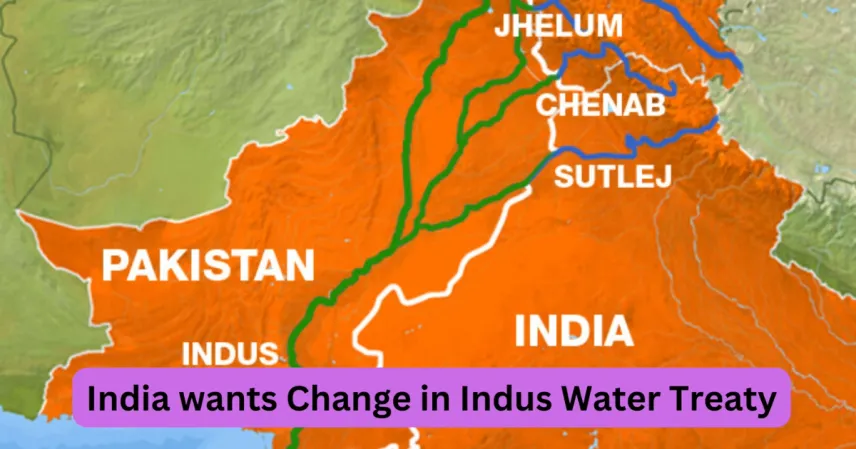India woke up to grief and fury following the horrifying terror attack in Pahalgam that claimed the lives of 26 innocent tourists and left 17 others injured. What was meant to be a peaceful getaway in the beautiful valleys of Kashmir turned into a day of pain, questions, and loss.
As families mourned and the nation stood still, the government stepped forward with decisive action — sending a clear message: this won’t be forgotten, and it won’t go unanswered.
🚫 5 Strong Steps Taken by India
Following a high-level security meeting, the Indian government announced five major decisions aimed at safeguarding national interest and responding firmly to those believed to be behind the attack:
1. Suspension of the Indus Waters Treaty
One of the oldest agreements between India and Pakistan, the Indus Waters Treaty, has now been suspended. The government stated it could no longer justify continued cooperation when faced with cross-border threats. Technical exchanges and data sharing have been stopped until credible action is seen.
2. Wagah-Attari Border Closed
The iconic land border at Wagah-Attari has been closed with immediate effect. Pakistani citizens who entered India through this route have been given a deadline to return by May 1. Movement between the countries is now effectively sealed — symbolizing a freeze in people-to-people contact.
3. Visas Revoked and Travel Curbed
Visas issued under bilateral or regional goodwill arrangements have been canceled. Pakistani nationals currently in India on those visas have been asked to leave the country within 48 hours. This sweeping decision reflects the seriousness with which the government views the breach in trust.
4. Diplomatic Expulsions
In a significant diplomatic move, India has asked multiple Pakistani military and defense advisors to leave the country. India will also be pulling back its own defense personnel posted in Islamabad. These steps underline a sharp decline in bilateral relations — one not taken lightly.
5. Nationwide Security Alert
All states and security forces have been placed on high alert. Airports, public transport hubs, and tourist zones are under increased surveillance. The message is clear: prevention, preparedness, and protection are now top priority.
💔 A Country Still in Shock
Beyond the politics and policies, there’s a human story that continues to unfold. Families who lost their loved ones are grappling with a void that no action can truly fill. Locals in Kashmir, especially those dependent on tourism, are heartbroken — the serenity of their home overshadowed by fear and silence.
🕊️ Standing Together, Moving Forward
In the midst of this pain, there is unity. Citizens, leaders, and communities across India are rallying in support of the victims and demanding justice. While the wounds will take time to heal, the spirit of resilience remains unbroken.
India’s response is not just about retaliation — it's a vow to protect every citizen, honor those lost, and demand accountability in a world where terrorism must never win.
Related - Fear Returns: Gunbattle Erupts in Kulgam a Day After Pahalgam Horror










